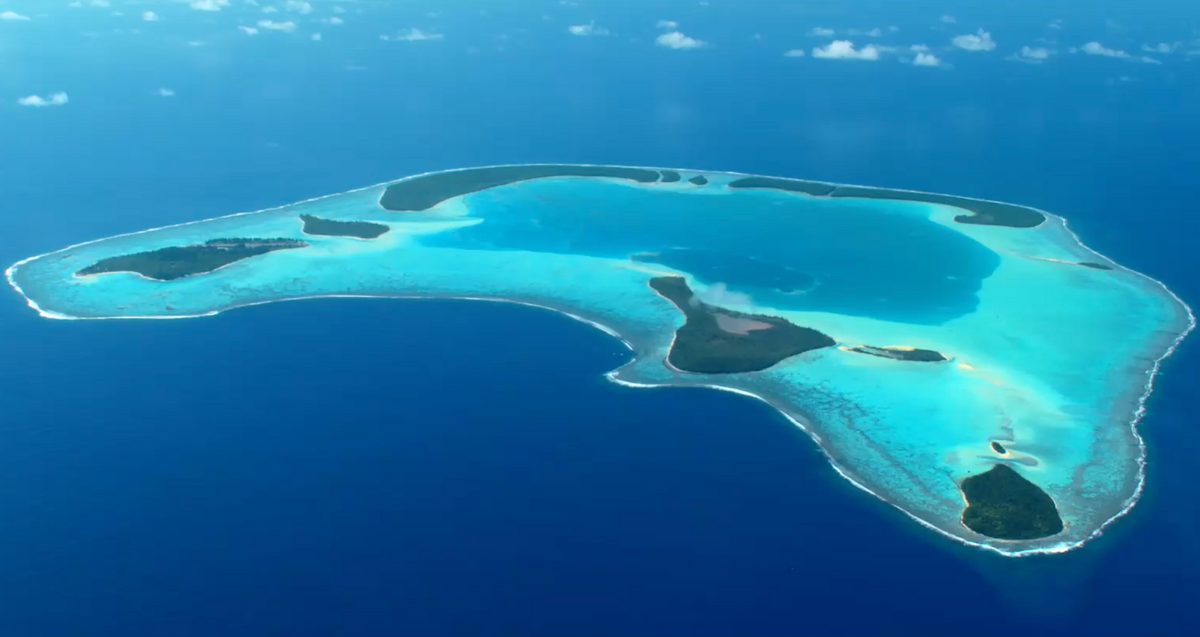
As humans spread throughout the globe, they often ferry rats or other undesirable stowaways on their ships. These uninvited guests have a penchant for invading ecosystems and pushing out native species. This effect is particularly pronounced on islands, where ecosystems largely exist in an ocean-ensconced bubble. Island Conservation, a California-based group dedicated to saving endemic species, announced today (August 17) that they have successfully cleared all 12 islets of Tetiaroa, a French Polynesian atoll in the Pacific Ocean near Tahiti, of two species of invasive rats. The project—focusing on the ecology of the island system once owned by Marlon Brando and now home to The Brando, a fancy resort for A-list celebrities—is the largest, successfully completed invasive species eradication effort of its kind to date.
Rat numbers grew quickly on Tetiaroa after they were inadvertently brought to the islands. The voracious rodents enjoyed virtually unfettered access to a tropical smorgasbord, devouring native plant seeds, sea turtle hatchlings, and bird eggs. Rats were directly responsible for driving two native bird species, the Polynesian Ground Dove (Alopecoenas erythropterus) and the Tuamotu Sandpiper (Prosobonia cancellata), to critically endangered status.
Researchers involved in the Tetiaroa project say they hope eradicating rats from the atoll will result in rebounding numbers of these and other bird species, which may also influence the success of interconnected ecosystems. Bird guano is an important source of nutrients for coral reefs surrounding the islands, and the increased health of these systems benefits local marine life and even far-flung marine ecosystems and food webs connected to the reef systems.
Take a peek at some of the species that will benefit from these efforts:
